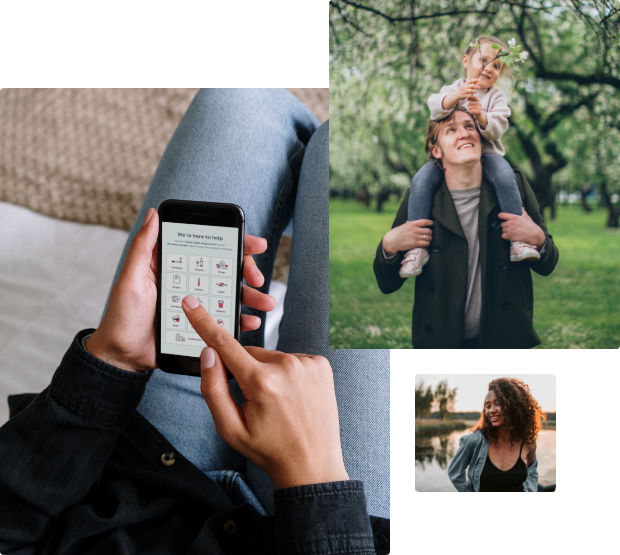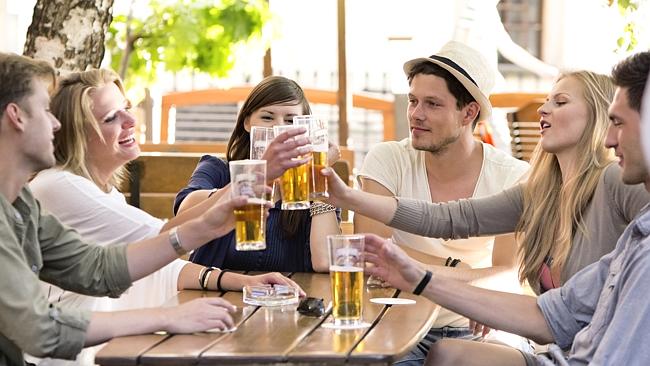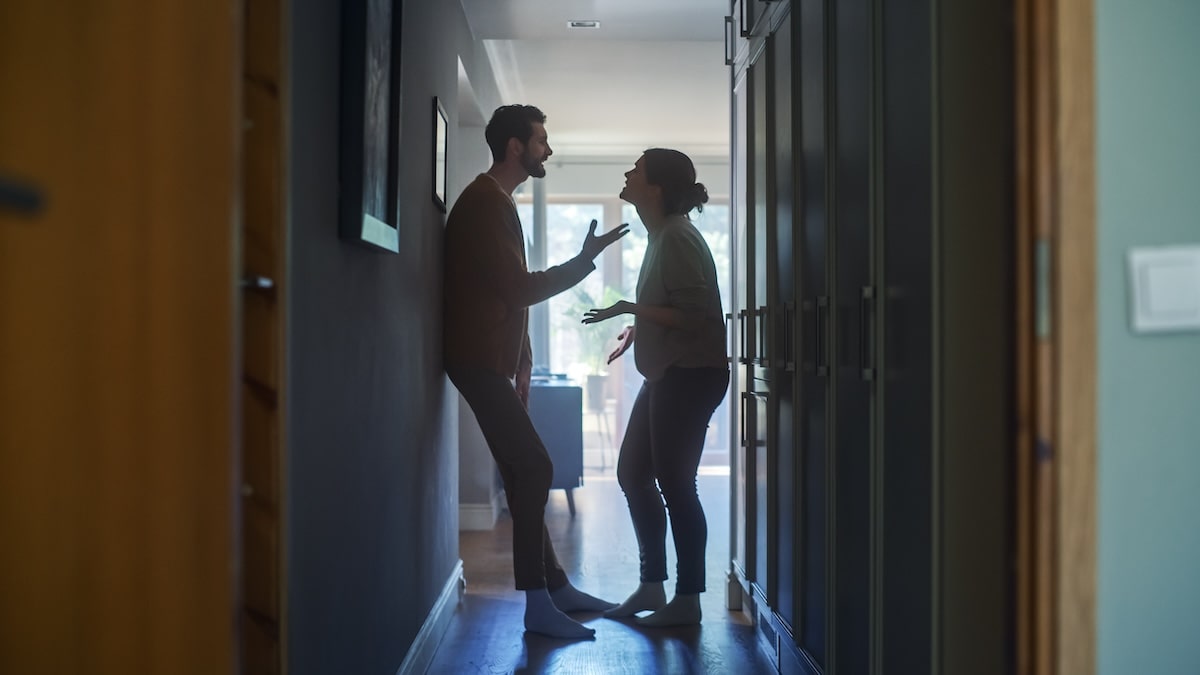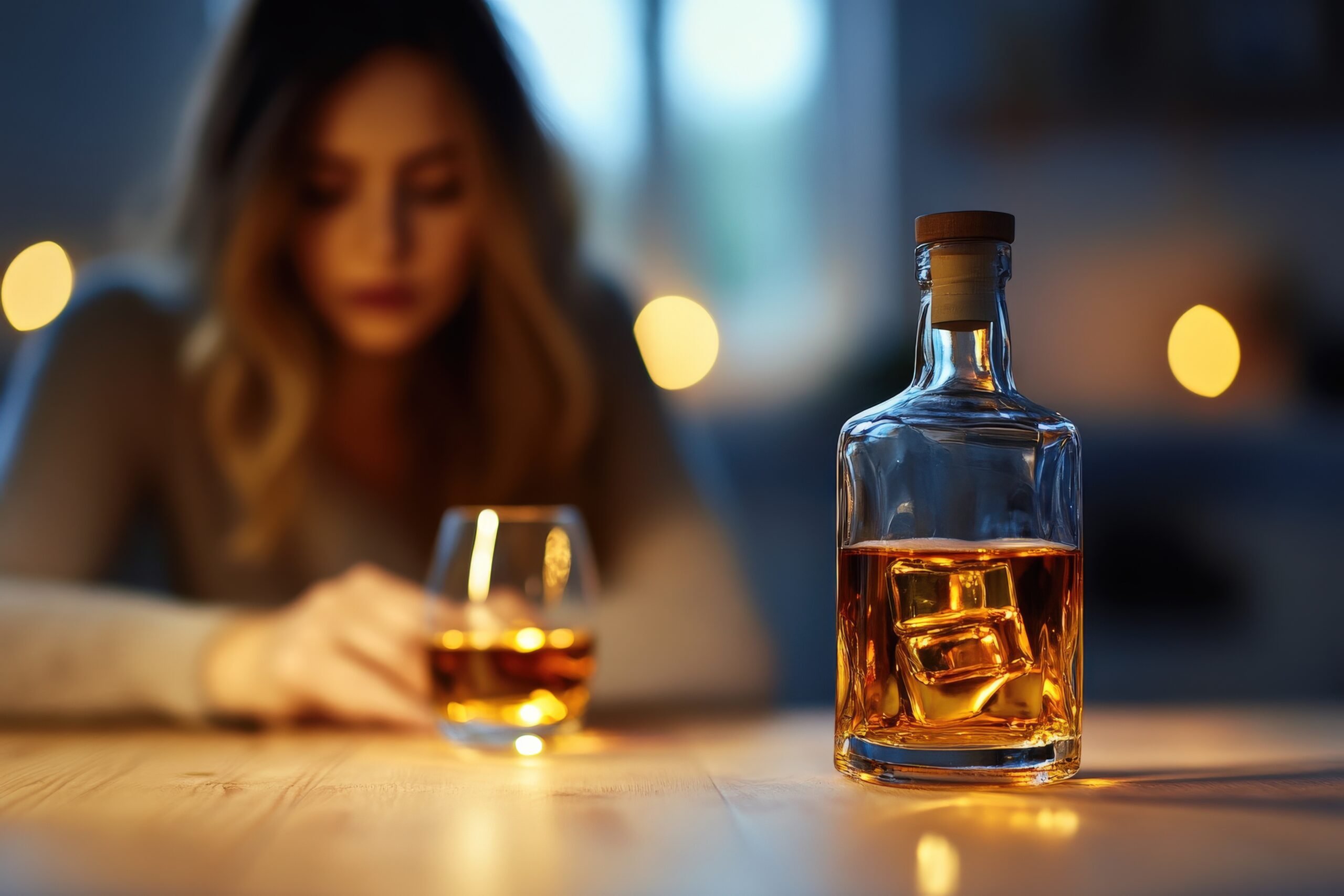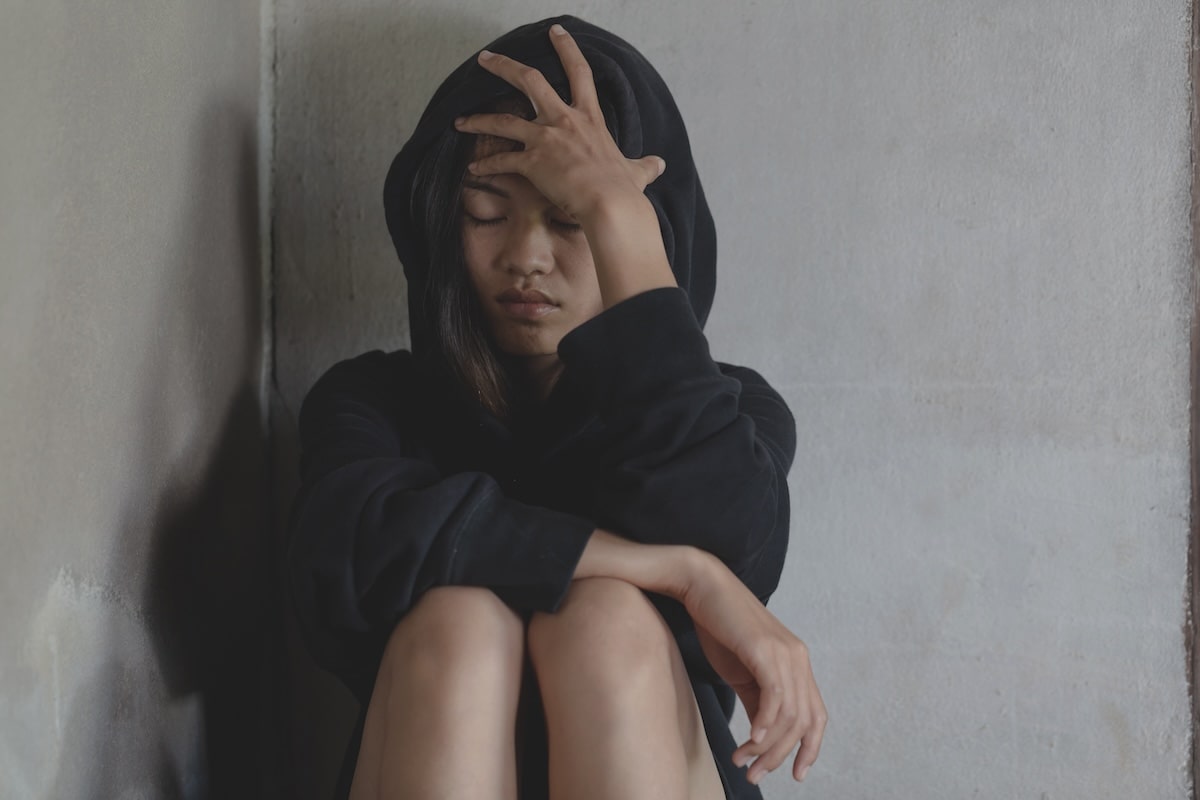Hangxiety: How to quit anxiety after drinking alcohol
Learn effective strategies to cope with hangxiety, the anxiety experienced after alcohol consumption. Discover expert tips to reduce its impact and regain control.

What’s stopping you?
Not sure if you’re ready to quit drinking? Worried about finding it difficult?
Start quizIntroduction
Alcohol can cause anxiety but can also exacerbate an existing anxiety disorder primarily because it effects brain chemistry by depleting Gamma-aminobutyric acid (GABA) an amino acid that functions as the primary inhibitory neurotransmitter for the central nervous system (CNS).
Alcohol and anxiety are also linked because our body is systematically damaged when we drink – putting us under stress.
You do not digest alcohol – instead, it passes quickly into your bloodstream and travels to every part of your body affecting your brain first, then your kidneys, your lungs, and your liver.
Alcohol is a poison and there is no safe level of alcohol consumption.
Another main cause of alcohol anxiety is how you may have behaved the night before whilst under the influence of alcohol. This is exacerbated when you cannot fully remember what occurred the night before.
“Hangxiety” is the term that has been coined to describe the anxiety that some people feel after drinking alcohol.
While alcohol is often used because people think it helps them to relax and socialize it can have negative effects on mental health.
Hangxiety is one of these negative effects.
- How alcohol affects your brain
- Why does hangxiety happen?
- How long does anxiety last after drinking?
- Managing anxiety after drinking
- When hangxiety could be a problem
- How do I quit feeling anxious after drinking?
- Can alcohol cause anxiety the next day?
- What does hangxiety feel like?
- Does alcohol make anxiety worse?
- Free online consultation
- Free videos and articles
- Other useful quit drinking articles & news
How alcohol affects your brain
Alcohol interferes with the brain’s communication pathways which affects the way the brain works.
Alcohol makes it harder for those areas of the brain that control memory, balance, speech, and judgment to function properly and this results in increased likelihood of injuries and behavior that you might later feel embarrassed or ashamed of.
This alone can cause elevated levels of alcohol anxiety. Alcohol also leads issues with Gamma-aminobutyric acid (GABA) because it interferes with its production. This can cause intrusive thoughts, persistent worries, and other severe mental health symptoms.
A reduction in levels of GABA in the brain can also exacerbate existing mental health issues.
Why does hangxiety happen?
There are several factors that can contribute to the development of hangxiety. One of the main factors is the way that alcohol affects the brain.
As alcohol leaves our body through a process of withdrawal our brain attempts to restore the normal chemical balance by reducing the brain’s GABA (which causes calm feelings to decline) and increasing glutamate (which increases levels of anxiety).
This has the opposite effect that alcohol claims to deliver on ingestion making you less calm and more anxious.
Alcohol can sometimes cause those who consume it to become aggressive, agitated, boorish, indiscreet, engage in embarrassing or risky behavior.
Waking up the morning after an evening marred by such behavior adds to the anxiety and paranoia associated with drinking alcohol.
Remember, anxiety can not only be caused by concerns about your behavior whilst under the influence of alcohol the previous evening – it can also solely be the result of this chemical process.
How long does anxiety last after drinking?
Anxiety after drinking alcohol can last for hours, or days. Anxiety and alcohol impact people differently, but as a rule anxiety that accompanies a hangover might last up to a day.
If you already suffer with anxiety issues anxiety from alcohol may take longer than a day to ease off.
What’s holding you back?
Not sure if you really want to quit drinking?
Need help to quit drinking?
Want to quit, but concerned that you’ll find it tough?
Worried that you’ll be deprived for the rest of your life without alcohol?
We can help you to understand and remove those fears and in so doing, make it quitting easy
Start the free quizManaging anxiety after drinking
Avoid alcohol, caffeine, and energy drinks.
Drink plenty of water and sleep, rest, and relax.
Practising mindfulness or yoga can help to ameliorate the symptoms of hangxiety.
If you feel able to have a walk for some fresh air that can also be beneficial. If you are concerned about your behavior the previous night, it can help to talk to a trusted friend and to take steps to apologize to anyone you feel you may have offended or upset by your behavior.
When hangxiety could be a problem
Hangxiety can be a severe problem if you have to travel, work, or look after children while suffering with it.
It is hard enough to deal with it when you are comfortable and cocooned at home but feeling depressed, anxious, feeling overwhelmed, worried, or embarrassed about the night before is no fun if you are trying to spend the day with family, friends, or at work.
How do I quit feeling anxious after drinking?
There are several strategies that people can use to manage hangxiety. One of the most effective strategies is to limit alcohol consumption.
This can help to reduce the severity of hangxiety symptoms.
It is also important to practice good self-care, such as getting enough sleep, eating a healthy diet, and engaging in regular exercise.
These activities can help to reduce stress and promote feelings of well-being.
Can alcohol cause anxiety the next day?
Yes, anxiety after drinking alcohol can last for hours, or days.
Anxiety and alcohol impact people differently, but as a rule anxiety that accompanies a hangover might last up to a day.
If you already suffer with anxiety issues anxiety from alcohol may take longer than a day to ease off.
What does hangxiety feel like?
It is a tense, uptight, anxious, mixed up feeling in the stomach combined with mental anguish such as the following:
- Feeling depressed and anxious.
- A sense of feeling overwhelmed, worried, or embarrassed
- Obsessed with over-analysing moments from the previous night.
- A sense of existential dread
- Increased heart rate
- Restlessness
- Inability to focus.
- Paranoia
It is possible to experience a panic attack after drinking alcohol – all caused by the above elements. If you are breathing quickly during a panic attack, doing a breathing exercise can ease your other symptoms. This can help:
- breathe in as slowly, deeply, and gently as you can, through your nose.
- breathe out slowly, deeply, and gently through your mouth.
- some people find it helpful to count steadily from 1 to 5 on each in-breath and each out-breath.
- close your eyes and focus on your breathing.
Does alcohol make anxiety worse?
Another factor that can contribute to hangxiety is the social context in which alcohol is consumed.
Many people use alcohol as a way to relax and socialize with others. However, social situations can also be stressful, especially for people who are prone to anxiety.
This can lead to a cycle where people drink alcohol to help them relax, but then feel more anxious the next day.
Final Thoughts
Prevention is always better than cure so avoiding alcohol can eradicate any risk of your suffering with alcohol induced anxiety.
While the symptoms of hangxiety can be distressing, there are several strategies that people can use to manage them. By practicing good self-care and limiting alcohol consumption, people can reduce the severity of hangxiety symptoms and improve their overall mental health.
There is an easy way to avoid anxiety after drinking
Prevention is always better than cure so avoiding alcohol can eradicate any risk of your suffering with alcohol induced anxiety.
Life becomes a whole lot more pleasant, less complicated, less stressful, and more fun when you can wake up the morning after a big event and feel fabulous.
If you think you might want to quit drinking, then Allen Carr’s Easyway to quit drinking drug free method can make it a breeze..
Free Online Quiz
